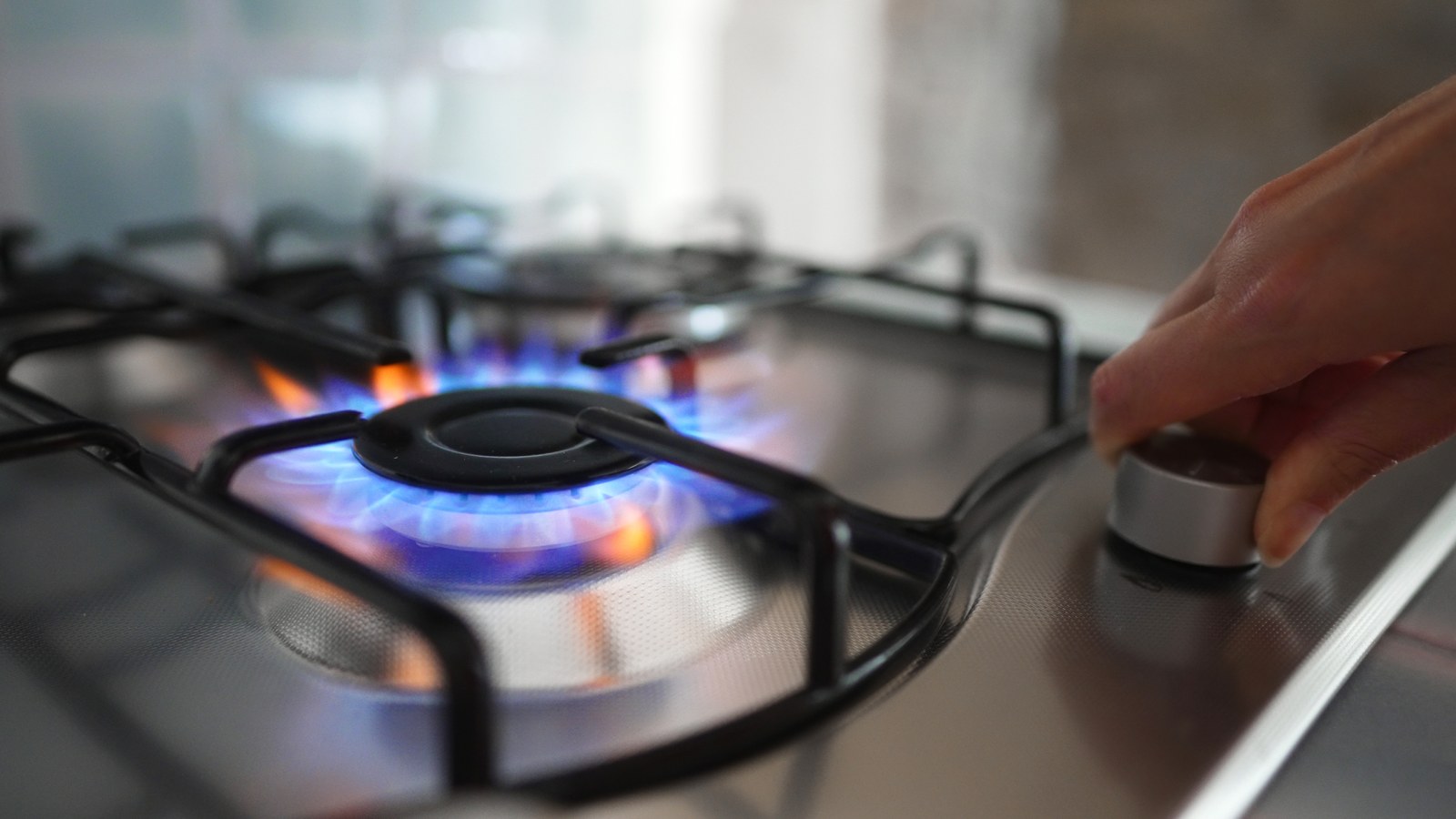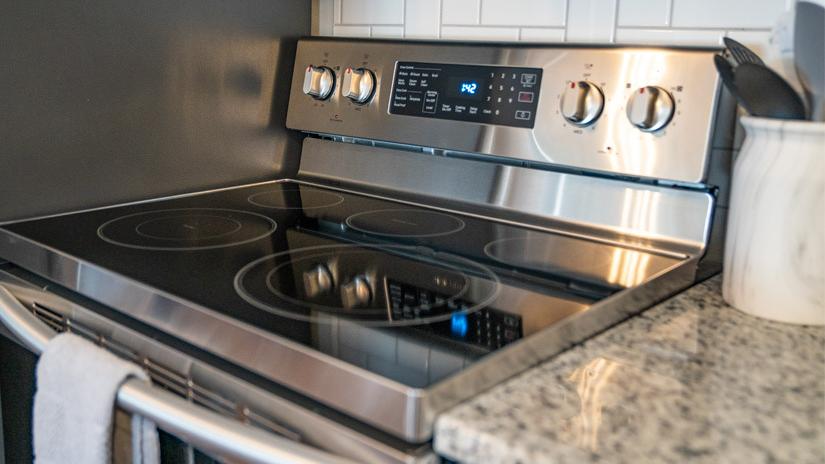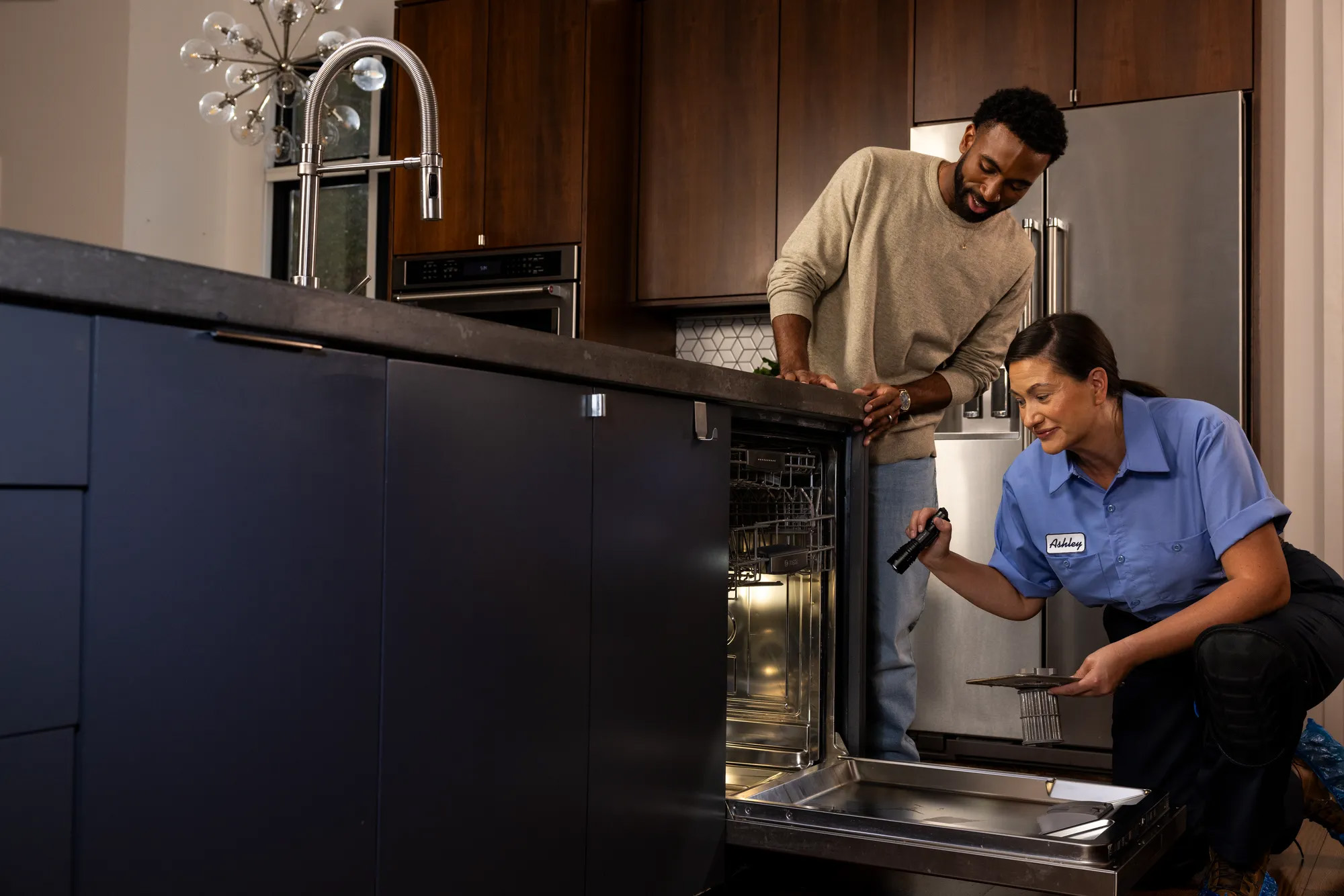Gas vs. Electric: A Heated Debate on Stoves

Many homeowners only think about price when it comes to purchasing a new oven or range. Make sure you’re well informed on the many other factors before making a decision between gas and electric.


Many homeowners only think about price when it comes to purchasing a new oven or range. Make sure you’re well informed on the many other factors before making a decision between gas and electric.
When it comes to ovens and ranges there are many pros and cons with using either gas or electric - and if you talk to enough people, you’ll find that each has its own unique personality. But, there’s no need to immediately pledge your allegiance to either side or to feel pressured by current owners. Luckily for you, we’ve rounded up some of the most common pros and cons to help you determine which appliance is best for your home.
Gas Stoves Pros and Cons

Pros
Although gas ovens and ranges carry a heavier price tag upfront, they save you money in the long run. With gas appliances, it’s easier to control the amount of heat being produced, and the emissions given off are 37% lower than that of electric appliances (AGA). As an added bonus, gas appliances run on their own independent power source, so you won’t have to miss a hot meal during a power outage. Gas ovens also create a more humid heat, which is popular among avid bakers.
Cons
The higher upfront costs of gas appliances are often coupled with higher installation fees – averaging about $50 to $90 per hour, not including gas line connection costs. If not properly inspected after installation, they run the risk of leaking and exposing your home to harmful gases. When it comes to preparing a meal on the range or in the oven, you may experience some uneven heat distribution from the flames - resulting in inconsistently cooked food.
Thinking about coverage?
Sounds like a plan. Find the warranty that fits you best.
Electric Stoves Pros and Cons

Pros
Electric ovens and ranges are popular for new homeowners, as their upfront price is generally lower. While cooking, you’ll experience a more even distribution of heat that also lasts longer when powering down. This allows you to keep food warm when you plan on going back for seconds.
Cons
Although cheaper upfront, electric appliances will cost you more in the long run. That’s because, when generating heat, electric appliances require about 3 times as much energy as gas appliances. This results in a greater amount of greenhouse emissions and also makes heating up and cooling down a lengthier task. The heat generated is also much drier, which can be unpopular among bakers who need to retain moisture for certain recipes.
Now it’s time to get out there and find your perfect match. Whether you run gas or electric, safety should always be a priority. Protect your home’s appliances, plumbing, and other major systems from unexpected breakdowns with an AHS Home Warranty Plan.
Our home warranty plans help keep your essential appliances up and running.

AHS assumes no responsibility, and specifically disclaims all liability, for your use of any and all information contained herein.
Have a plan for your home when things don't go according to plan
Shop Home WarrantiesDevelopment